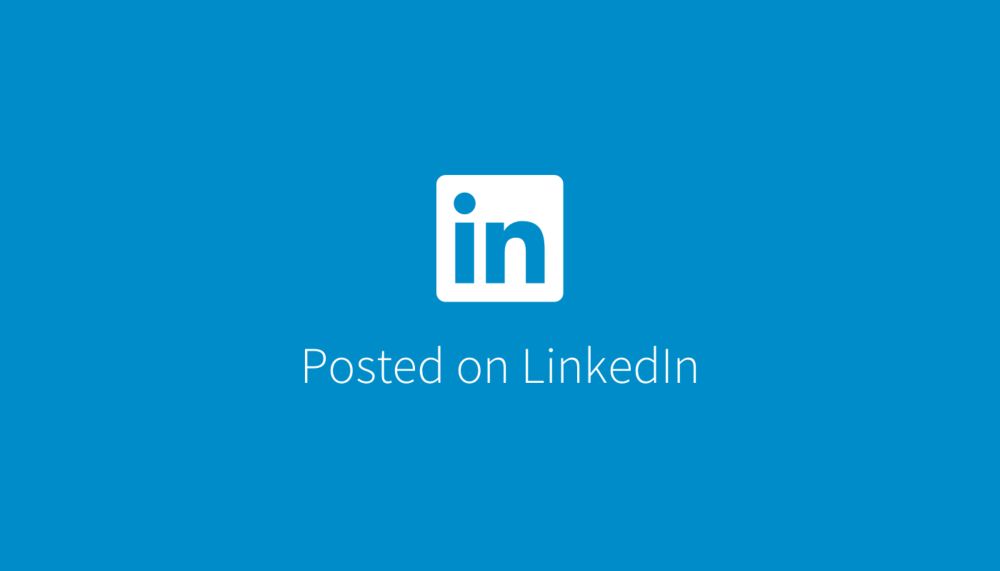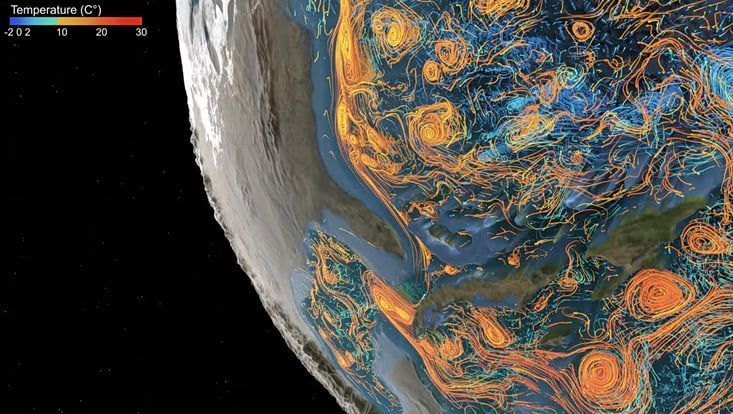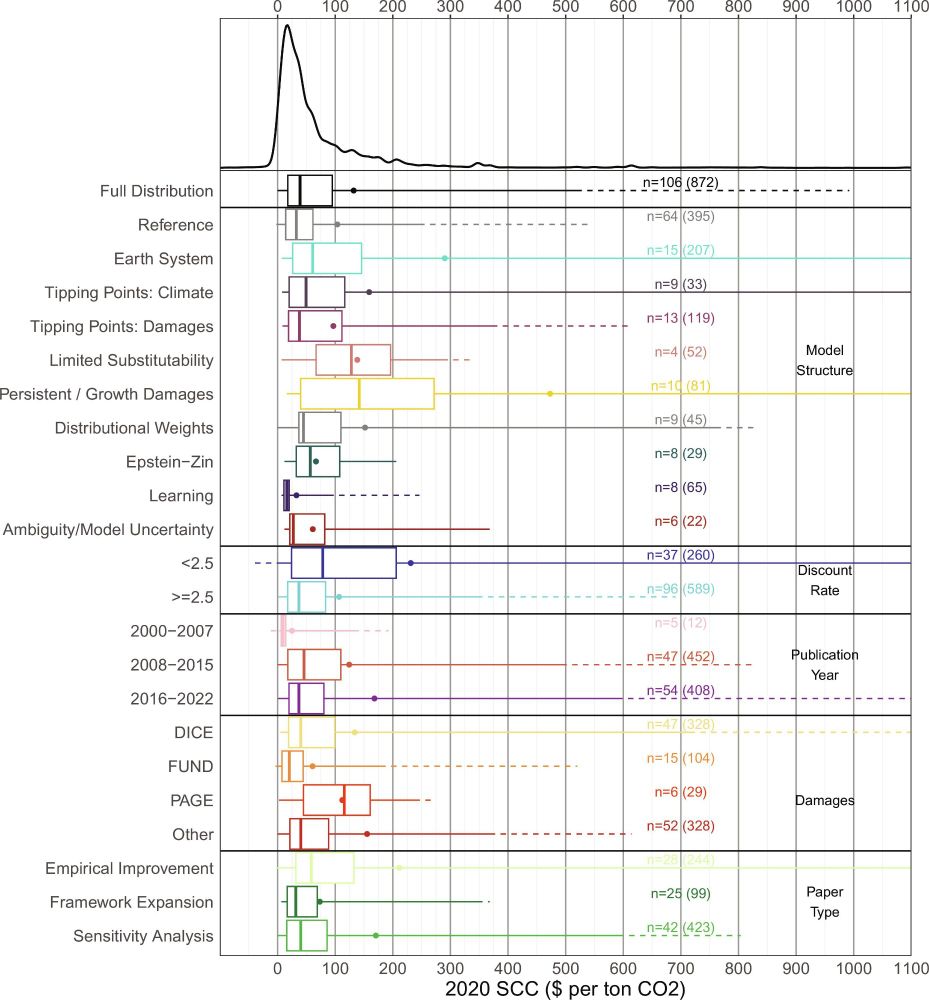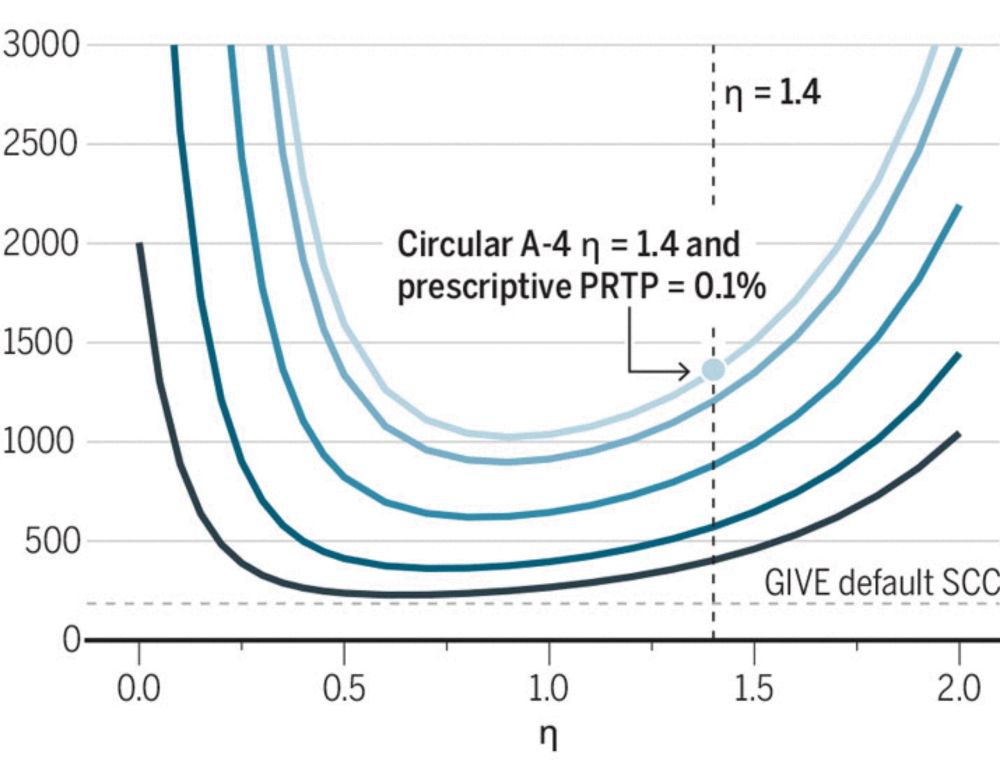
also @felixschaumann@mas.to, @felixschaumann@twitter
Interested in the impacts of AMOC weakening?
New session alert! 🚨🌊🧪
ITS2.5/CL0.5: "AMOC impacts: physical, biogeochemical, and societal"
Check out our interdisciplinary session description & submit your abstract here: meetingorganizer.copernicus.org/EGU26/sessio...

Interested in the impacts of AMOC weakening?
New session alert! 🚨🌊🧪
ITS2.5/CL0.5: "AMOC impacts: physical, biogeochemical, and societal"
Check out our interdisciplinary session description & submit your abstract here: meetingorganizer.copernicus.org/EGU26/sessio...
I wrote a short blog post exploring this idea.
Bottom line: it's all about urgency and irreversibility, but overshoot can circumvent some problems that the tipping points framing has.
Read the full post here: s.gwdg.de/wRWft8
I wrote a short blog post exploring this idea.
Bottom line: it's all about urgency and irreversibility, but overshoot can circumvent some problems that the tipping points framing has.
Read the full post here: s.gwdg.de/wRWft8
📅 Apply by 14 May here: my.corehr.com/pls/uoxrecru...

📅 Apply by 14 May here: my.corehr.com/pls/uoxrecru...


A new study by @felixschaumann.bsky.social and @edualastrue.bsky.social in @pnas.org reveals that a weakening Atlantic Meridional Overturning Circulation (AMOC) could lead to costs of several trillion euros. #CLICCS #climate #ocean @uni-hamburg.de


🌊 @edualastrue.bsky.social and I looked at how much less CO2 will be taken up by the ocean if the #AMOC weakens - and how this reduced ocean carbon uptake affects the social cost of CO2 emissions.
📝 Read the paper here: doi.org/10.1073/pnas...
🧵 A thread [1/11]
A new study by @felixschaumann.bsky.social and @edualastrue.bsky.social in @pnas.org reveals that a weakening Atlantic Meridional Overturning Circulation (AMOC) could lead to costs of several trillion euros. #CLICCS #climate #ocean @uni-hamburg.de

A new study by @felixschaumann.bsky.social and @edualastrue.bsky.social in @pnas.org reveals that a weakening Atlantic Meridional Overturning Circulation (AMOC) could lead to costs of several trillion euros. #CLICCS #climate #ocean @uni-hamburg.de

#Klimakrise #Nordatlantik #Ozean #Ozeanographie
🌊 @edualastrue.bsky.social and I looked at how much less CO2 will be taken up by the ocean if the #AMOC weakens - and how this reduced ocean carbon uptake affects the social cost of CO2 emissions.
📝 Read the paper here: doi.org/10.1073/pnas...
🧵 A thread [1/11]
#Klimakrise #Nordatlantik #Ozean #Ozeanographie
🌊 @edualastrue.bsky.social and I looked at how much less CO2 will be taken up by the ocean if the #AMOC weakens - and how this reduced ocean carbon uptake affects the social cost of CO2 emissions.
📝 Read the paper here: doi.org/10.1073/pnas...
🧵 A thread [1/11]
🌊 @edualastrue.bsky.social and I looked at how much less CO2 will be taken up by the ocean if the #AMOC weakens - and how this reduced ocean carbon uptake affects the social cost of CO2 emissions.
📝 Read the paper here: doi.org/10.1073/pnas...
🧵 A thread [1/11]
www.pnas.org/doi/10.1073/...

www.pnas.org/doi/10.1073/...
TLDR: how do we constrain a highly parameterised model to observational and assessed constrained ranges, with uncertainty?
gmd.copernicus.org/articles/17/...

TLDR: how do we constrain a highly parameterised model to observational and assessed constrained ranges, with uncertainty?
gmd.copernicus.org/articles/17/...
#AMOC #Atlantic #OceanCirculation
go.bsky.app/JxFDh6b
#AMOC #Atlantic #OceanCirculation
go.bsky.app/JxFDh6b
www.theguardian.com/environment/...

www.theguardian.com/environment/...
Maybe dealing with GPTs hallucinating papers should give us a reason to update our 20th century approaches to article referencing. Can't we just use the DOI when writing papers and stop pretending that anybody is going to go to a physical library to find a specific journal volume?
Maybe dealing with GPTs hallucinating papers should give us a reason to update our 20th century approaches to article referencing. Can't we just use the DOI when writing papers and stop pretending that anybody is going to go to a physical library to find a specific journal volume?
www.science.org/doi/10.1126/...

www.science.org/doi/10.1126/...

In fact, climate models do an excellent job simulating the climate.
www.theclimatebrink....

In fact, climate models do an excellent job simulating the climate.
www.theclimatebrink....
Also if you just want to hang out and talk climate economics, anytime! :)

Also if you just want to hang out and talk climate economics, anytime! :)

meetingorganizer.copernicus.org/EGU24/sessio...
egu24.eu
meetingorganizer.copernicus.org/EGU24/sessio...
egu24.eu

